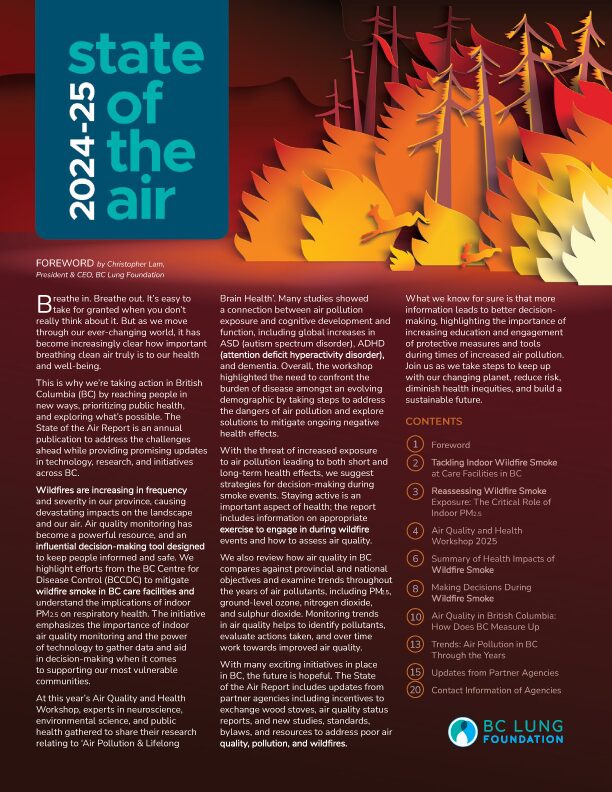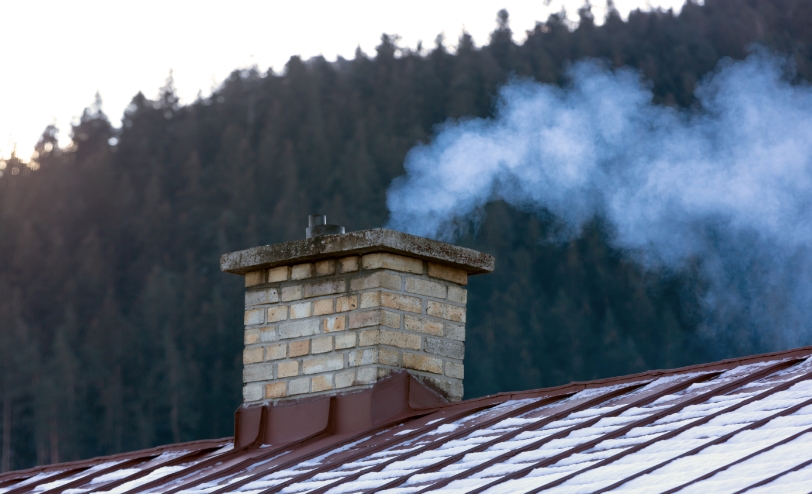Air Quality
Clean air is essential for healthy lungs. BC Lung works to ensure that the air we breathe is clean and safe from harmful pollution.

About Air Quality
Air pollution, both outdoor and indoor, contains harmful particulate matter (PM2.5) and gases that can irritate the respiratory and cardiovascular systems and lead to various health problems.
Air quality plays a crucial role in lung health, as poor air quality can exacerbate respiratory conditions and contribute to the development of lung diseases.
Outdoor air pollution from vehicle emissions, industrial activities, and other sources, can contain particulate matter, nitrogen oxides, sulfur oxide, and volatile organic compounds. Prolonged exposure to these pollutants can increase the risk of respiratory infections, worsen asthma symptoms, and even lead to the development of chronic lung diseases such as chronic obstructive pulmonary disease (COPD) and lung cancer.
Indoor air quality is also important for lung health, as people spend a significant amount of time indoors. Common indoor air pollutants include tobacco smoke, PM2.5, ozone, nitrogen oxide, mold, dust mites, pet dander, radon, and volatile organic compounds (VOCs) from household products. Exposure to these pollutants can trigger asthma attacks, worsen allergies, and contribute to the development of respiratory diseases. Radon, a naturally occurring radioactive gas that can seep into homes from the ground, is another significant indoor air pollutant linked to lung cancer. Testing for radon and taking steps to mitigate its levels can further safeguard lung health and reduce the risk of respiratory complications.
Vulnerable populations such as children, the elderly, and individuals with pre-existing respiratory conditions are particularly susceptible to the harmful effects of poor air quality. Improving air quality through measures such as reducing emissions, using cleaner energy sources, implementing regulations on pollutants, and promoting indoor air quality measures can help protect lung health and reduce the burden of respiratory diseases on society. Additionally, individuals can take steps to minimize exposure to indoor and outdoor air pollutants by avoiding tobacco smoke, using air purifiers, and staying indoors during periods of high pollution levels.
Download an overview handout on Air Quality Matters below.

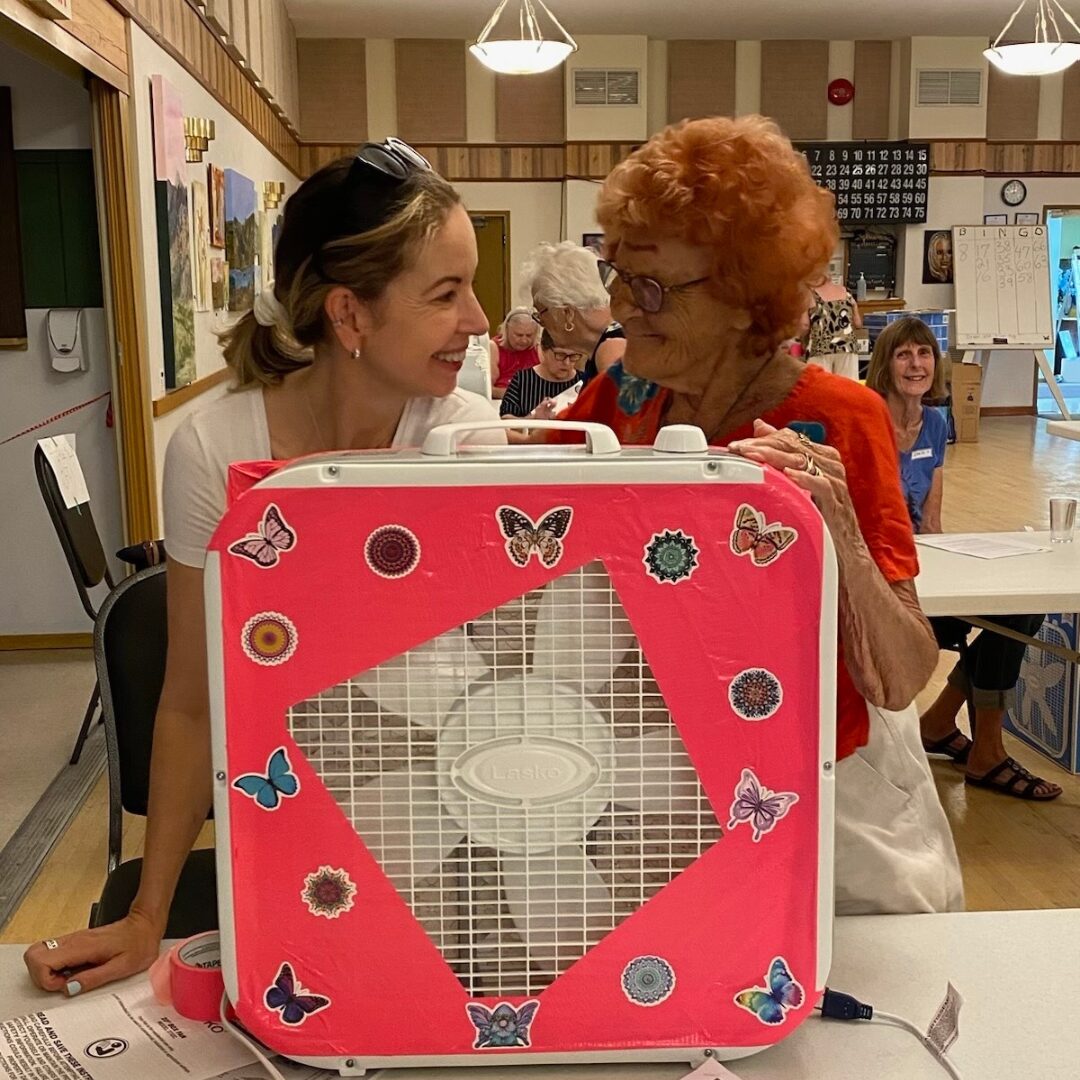
BREATHE: DIY Air Cleaners
Building Resilience to Emerging Airborne Threats and Heat Events. Simon Fraser University is working with the BC Lung Foundation to host the BREATHE Project, a community-based initiative that teaches community leaders and members how to build DIY air cleaners to improve their indoor air quality.
Carter’s Project
Providing air quality monitors to communities in need in BC.
In July 2023 in 100 Mile House, 9-year old Carter Vigh sadly passed away due to an asthma attack caused by poor air quality. The nearest air quality monitoring station was 100km; the skies were clear, but the air over 100 Mile was, invisibly, very poor. Local, real-time air quality monitoring would likely have saved his life.

Annual BC State of the Air Report
The 2024/2025 Report is here!
Published annually by BC Lung in collaboration with its Air Quality and Health Steering Committee, the report provides a snapshot of key air quality issues across the province.
Questions? Contact Dr. Menn Biagtan, VP Health Programs & Initiatives at biagtan@bclung.ca
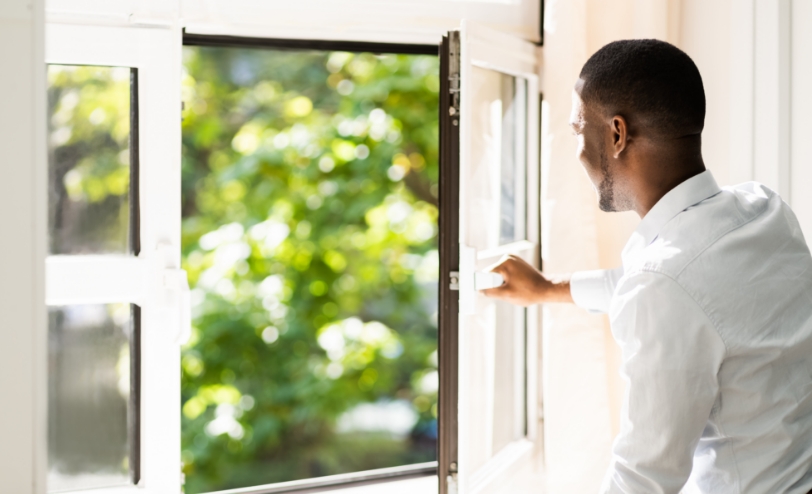
Healthy Indoor Environments Program
BC Lung’s Healthy Indoor Environments program is focused on providing education, resources, and policy options for addressing priority indoor air pollutants in British Columbia.
Wildfire Smoke & Lung Health
Every year, fire season in BC seems to be getting more extreme, causing some of the worst air quality in BC, and causing health problems for those with and without chronic lung disease.
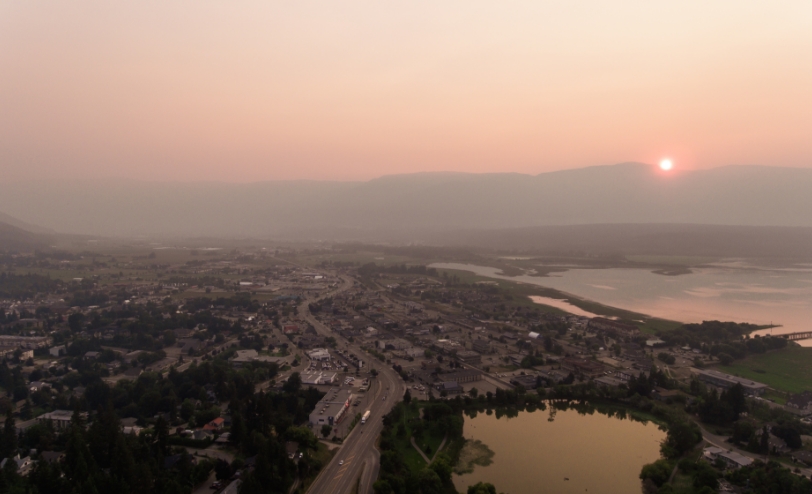
Wood Smoke & Lung Health
Woodsmoke, a byproduct of burning wood, poses significant risks to lung health, and causes health problems for those with and without chronic lung disease.
Heat Preparedness
BC Lung Foundation offers ways to mitigate the severe health risk associated with extreme heat events such as the “heat dome” experience of June 2021. The tragic aftermath of the five-day heat dome: nearly 600 deaths, due to never-seen-before, sustained high temperatures and resulting poor air quality.
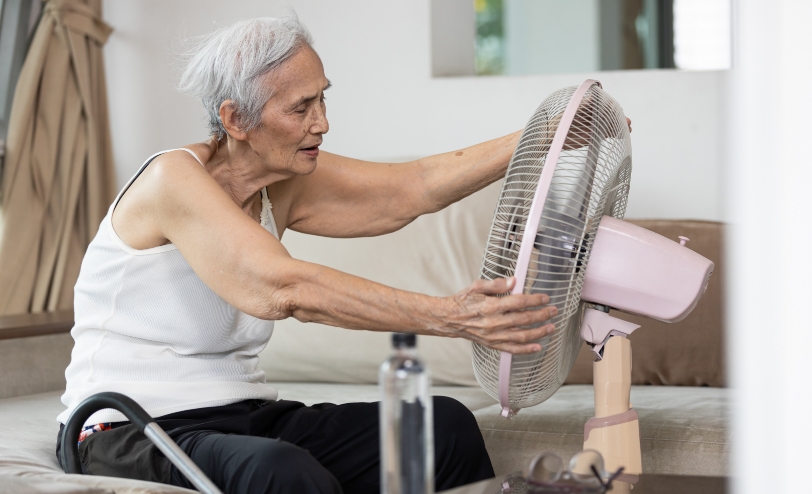
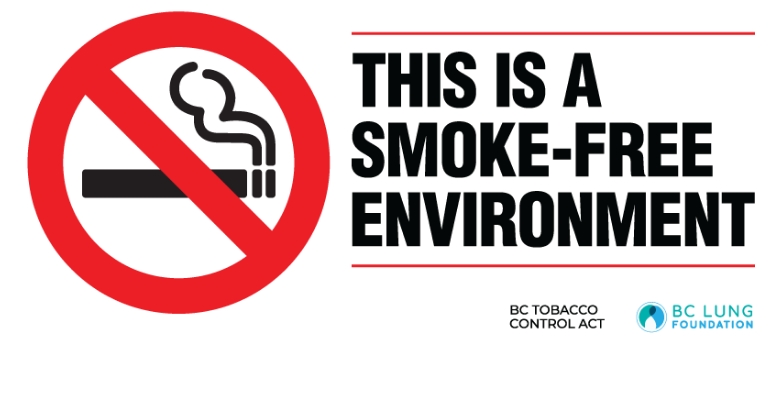
No Smoking Signage
In most jurisdictions across Canada, including British Columbia, smoking is banned in all indoor public places and workplaces, including restaurants and bars.
Air Quality & Health Workshop
Organized annually, the workshop brings together air quality and environmental health experts, health care professionals, researchers, and policymakers to share new insights regarding priority air quality and health issues.
The 2025 Workshop topic was Air Pollution & Lifelong Brain Health.

Primer for Physicians on Air Pollution & Health
The Primer for B.C. Physicians and the related appendix, were created in response to a survey of 150 BC doctors which indicated a need for more information on the health impacts of air pollution.
The primer is a synthesis of current medical understanding of air pollutants and recommends what can be done to reduce health impacts from community level actions to individual decisions. While not a set of formal guidelines, the primer is well-researched multi-agency effort produced by leading BC environmental health authorities and endorsed by researchers and scientists with international reputations in the field. Contributors include: BC Lung, UBC School of Environmental Health/Centre for Health and Environment Research, BC Centre for Disease Control, and the Ministry of Healthy Living and Sport.


Air Quality & Health Webinars
Recent News
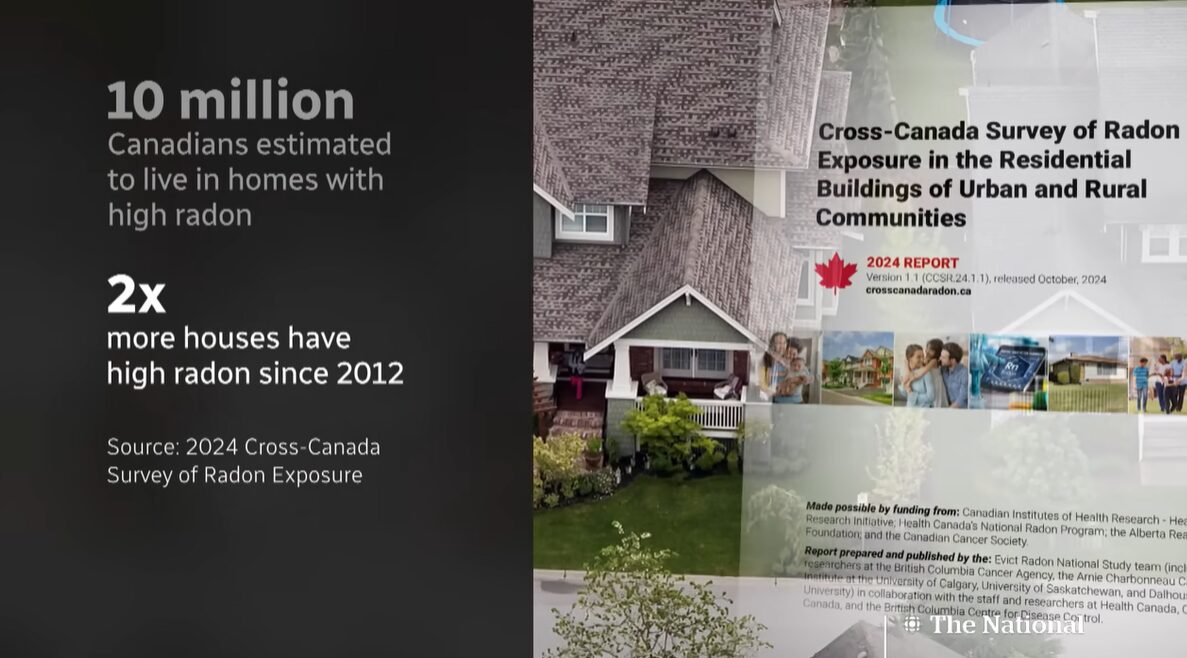
The cancer-causing gas hiding in millions of homes
- Radon,
Radon gas is invisible, toxic and millions of Canadians have no idea it’s hiding in their homes. For The National,…
- Read More

An evening of glamour and generosity at BC Lung Foundation’s annual Wonder Gala
- Events,
- News,
On the evening of November 7th, 2025, BC Lung Foundation’s annual Wonder Gala took place at the stunning Terminal City…
- Read More
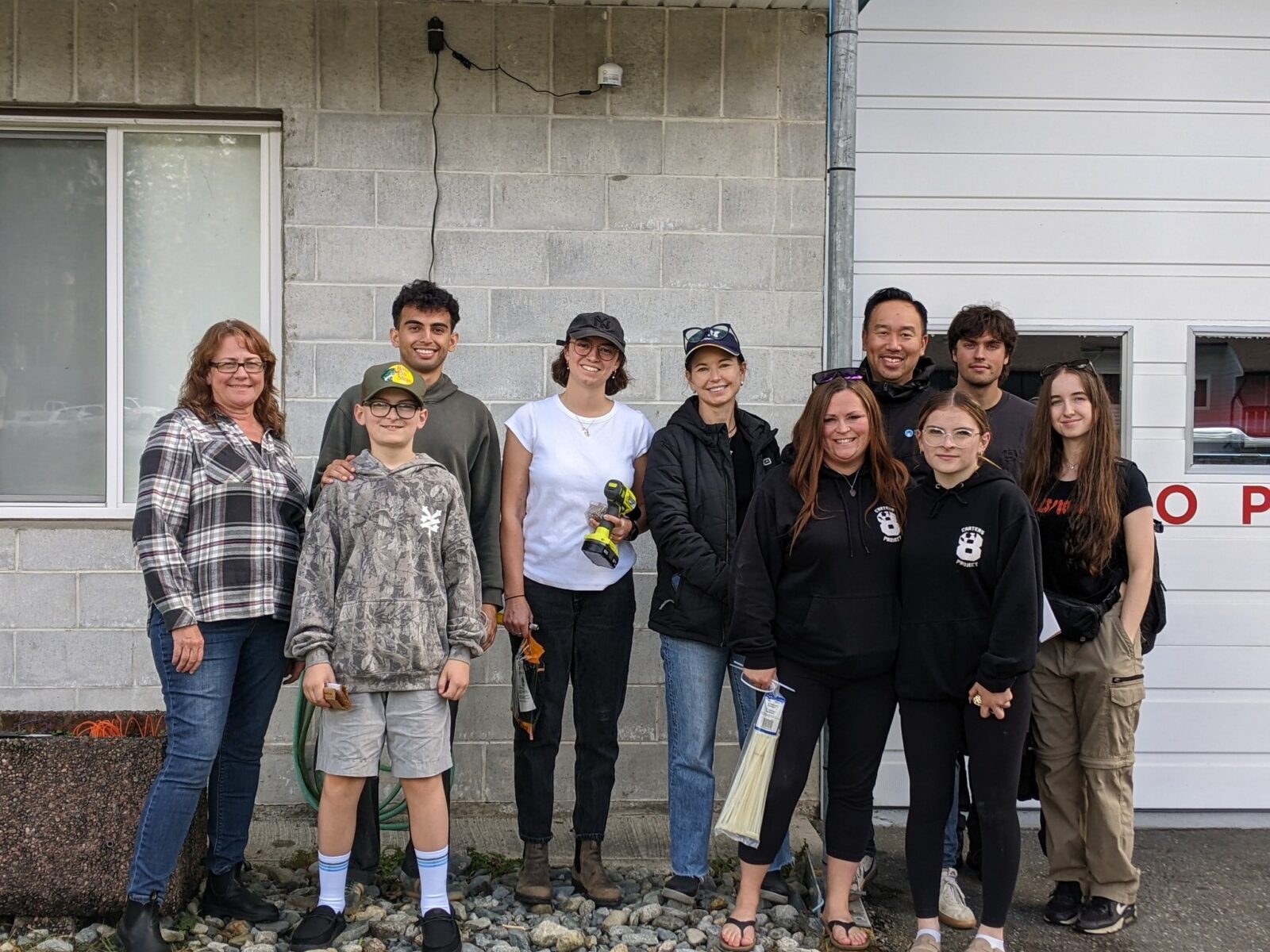
Check out CBC’s What On Earth talk about Carter’s Project
- News,
One boy’s legacy: lessons on how to survive smoky skies. Take a listen here: https://www.cbc.ca/listen/live-radio/1-429-what-on-earth/clip/16173487-one-boys-legacy-lessons-survive-smoky-skies OR see the article here:…
- Read More

